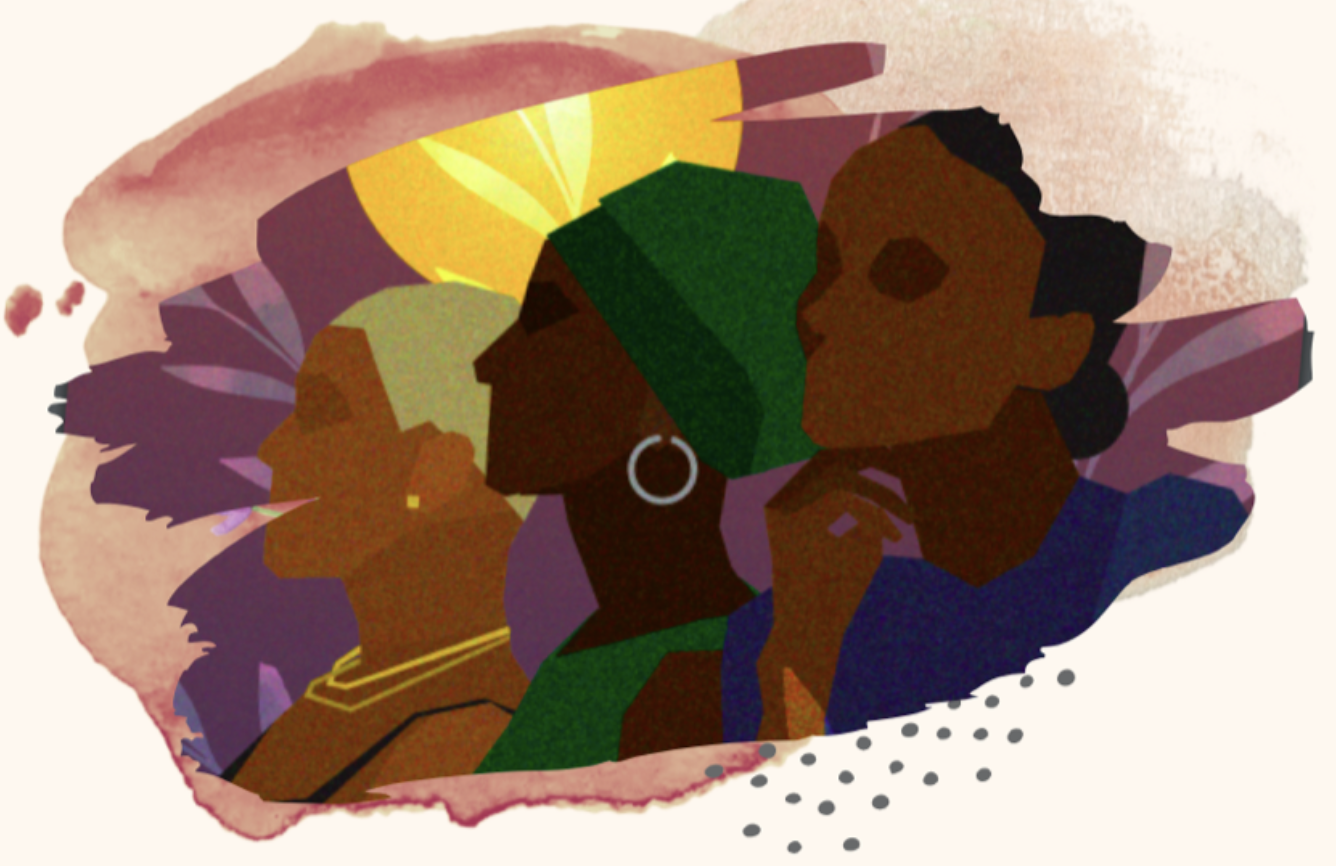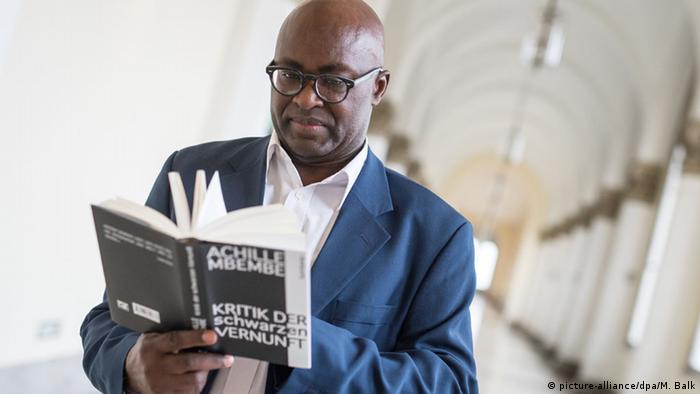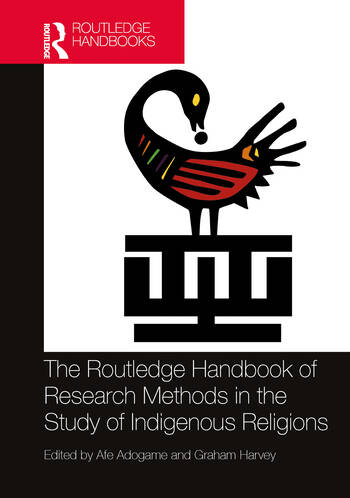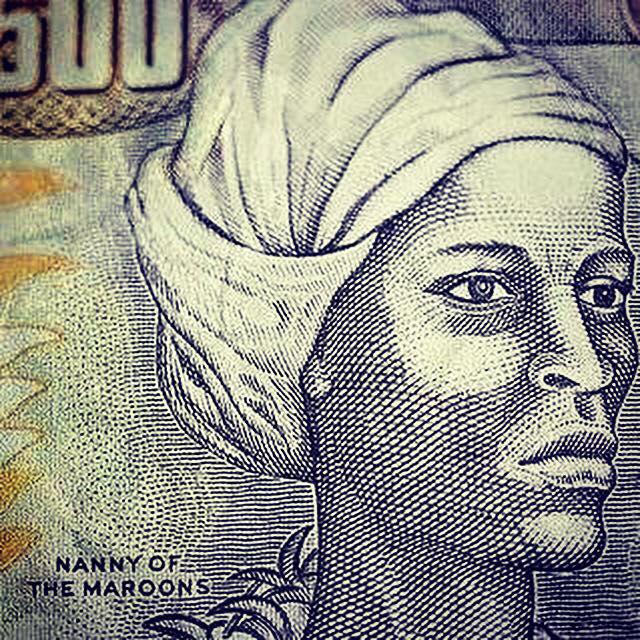On April 28, 2021, The Center for African Studies & The Stanford Humanities Center hosted a virtual conference focusing on the phenomenon that in my book I call “Female Genital Power.”
Stanford described the event as “a conversation between scholars Naminata Diabate and Laura S. Grillo, whose respective recent books Naked Agency (2020) and An Intimate Rebuke (2018) approach the topic of insurgent nakedness through the lenses of religion, politics, literature, and film. In a twist on the standard panel format, Diabate and Grillo will interview each other, exploring their shared interests in African women’s embodied knowledge across the disciplines of comparative literature, religion, and African Studies.”
It was an animated and wide-ranging conversation about these two new books – the first monographs to feature African women’s genital power and cursing. Interestingly, both focus on Côte d’Ivoire, and both treat the range of manifestations in history as well as in contemporary politics and the current globalizing situation.
The event was one of a series of workshops on “Producing Knowledge In and Of Africa” which invite scholars within the humanities, social sciences and the sciences to investigate and discuss calls to “’decolonize’ the production and circulation of knowledge about Africa” and to “to reconceptualize key epistemological categories in Afrocentric terms.

“For centuries, African women have drawn on the ritual power of their genitals to perform spectacular political protests across the continent. Their force of their moral critique has inspired novelists, artists, and academics alike. Please join us for a conversation between scholars Naminata Diabate and Laura S. Grillo, whose respective recent books Naked Agency (2020) and An Intimate Rebuke (2018) approach the topic of insurgent nakedness through the lenses of religion, politics, literature, and film. In a twist on the standard panel format, Diabate and Grillo will interview each other, exploring their shared interests in African women’s embodied knowledge across the disciplines of comparative literature, religion, and African Studies. “




